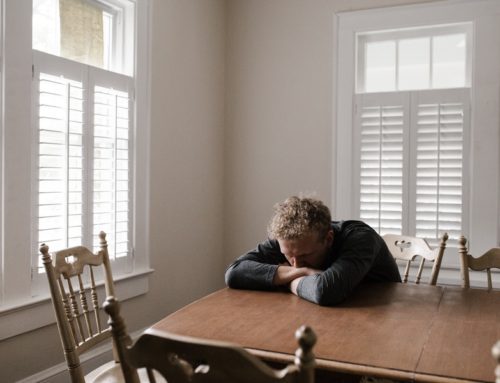Think of all the times you’ve seen therapy portrayed on TV or the movies. The people getting help are usually in some kind of dire condition, aren’t they? We often see counseling like One Flew Over the Cuckoo’s Nest, when it’s a bit more like what we see in the 1991 classic What About Bob? People typically think that seeing a psychotherapist must be reserved for critical conditions only. The idea that therapy is only useful when a person’s life is either spiraling out of control or verging on unmanageable is really common but not accurate. Individual psychotherapy is a great way to learn coping skills.
Improving Coping Skills At Home
We all face different problems and we experience discouragement, anxiety and uncertainty differently, but healthy coping skills tend to follow similar lines. Here are a few ways to cope better:
- Insert a pause with deep breathing. Often, we react to situations without any thought whatsoever. We don’t even pause to consider how to respond. If we insert a pause between our initial observation of a problem and our response, we can save ourselves trouble. Consider arguments. If we can put a two or three second pause between hearing something troubling and responding to it, we can lower our level of reactivity. To do it, practice taking a few deep breaths that come from the belly. Breathe deeply when you feel you’re going to respond negatively. This gives your mind and body a few needed moments to slow down.
- Get some perspective. Thinking in extremes can become a habit. Do you tend to expect the worst? Do you think in terms of “great” or “absolutely awful” when judging possible outcomes? If you tend to imagine the worst-case scenario in every situation, you are not alone. Challenge yourself to think of the situation without immediately presuming the worst. What’s really most likely to happen?
- Redefine your situation by thinking about actions you can take. It’s not hard to get stuck in a mental rut where we see ourselves as helpless or unable to make the changes we need. It can be much more helpful to consider what steps, however small, we can take to help us fix our issues. Trying to fix everything at once leads to feeling overwhelmed.
If you’d like to learn more coping skills, seek help from an experienced psychiatric nurse practitioner who can help you learn new and better ways to resolve challenging situations in your life.
Damaris Aragon, ARNP, BC provides a full spectrum of mental health care to people in Spokane, Washington and surrounding areas. She focuses on providing personalized care that adheres to current evidence-based standards. Reach out to Damaris through her contact page or calling 509-342-6592.






